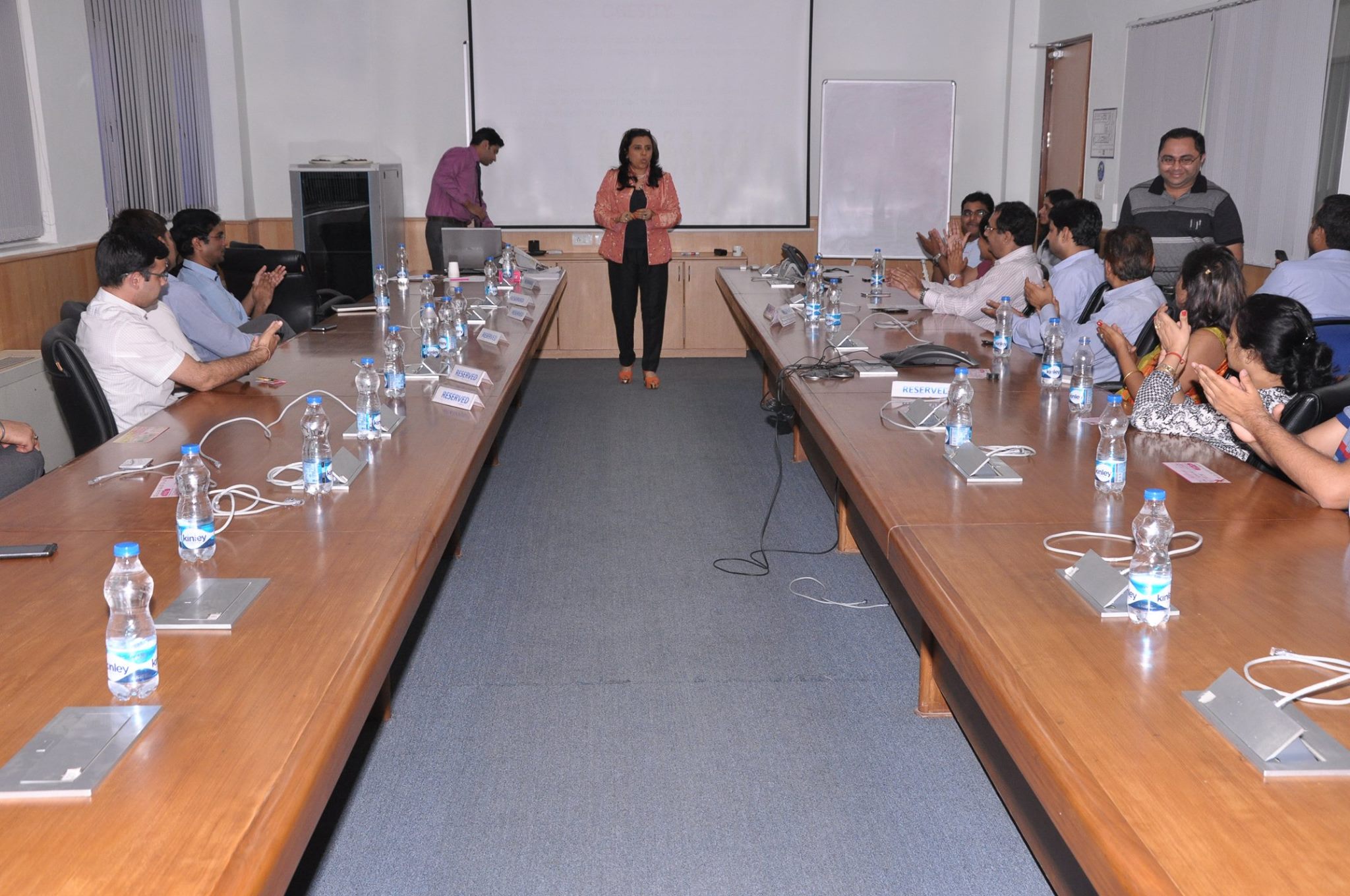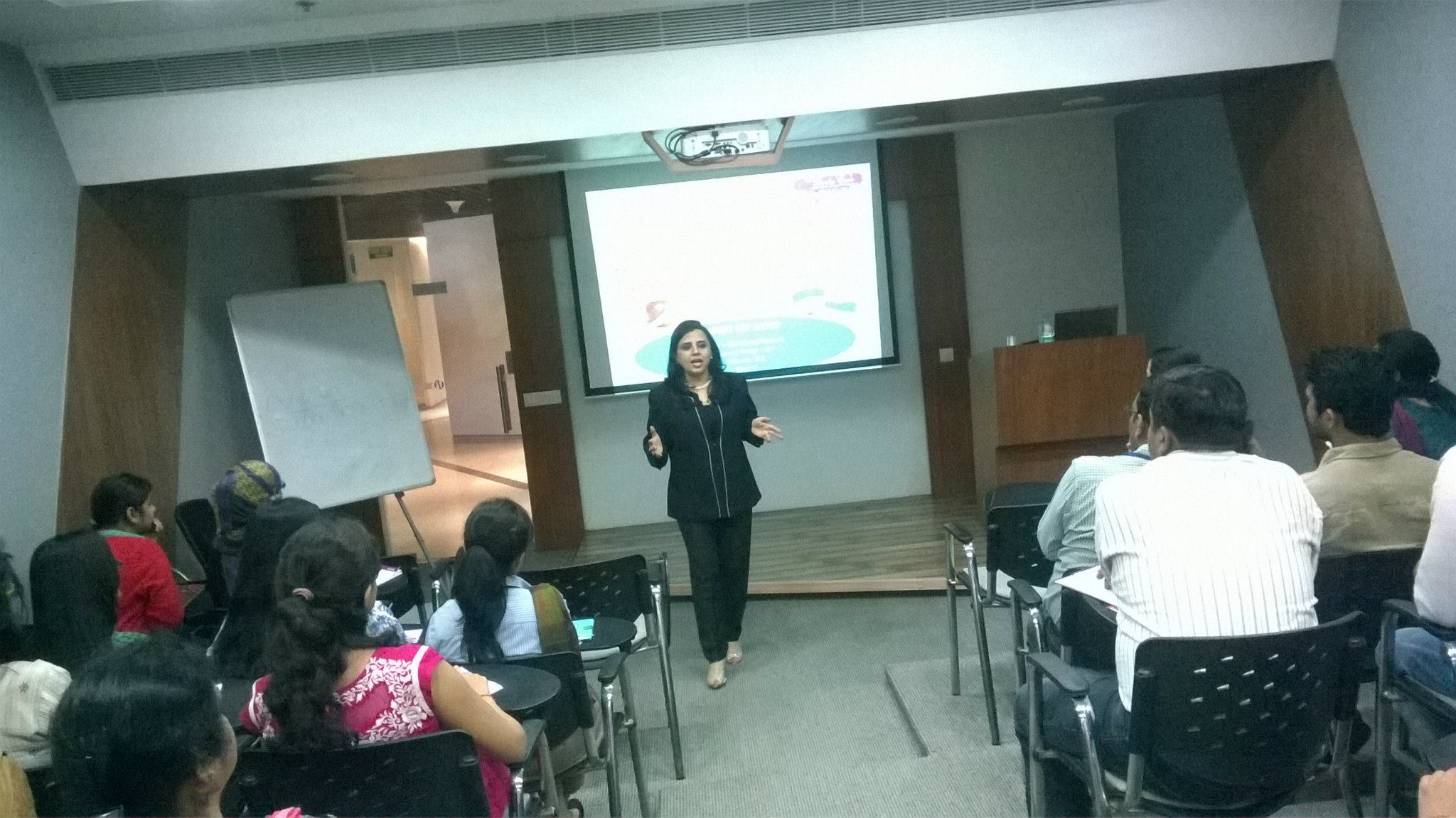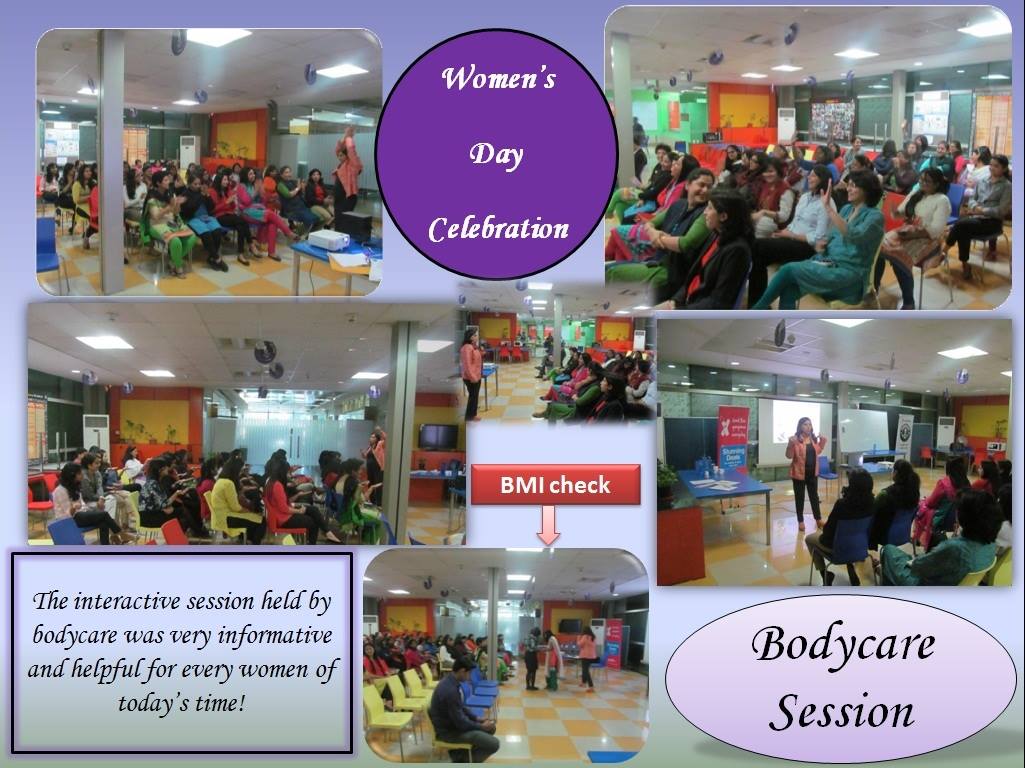


- Skills Development: Corporate training programs focus on equipping employees with the specific skills required for their roles. This includes technical skills, industry-specific competencies, and soft skills such as communication, teamwork, and leadership.
- Professional Development: Beyond immediate job requirements, corporate training fosters continuous professional growth. It provides employees with opportunities to expand their knowledge base, stay updated on industry trends, and develop expertise that contributes to career advancement.
- Leadership Training: Organizations invest in developing leadership capabilities at all levels. Leadership training programs nurture qualities such as decision-making, strategic thinking, and effective team management, cultivating a robust leadership pipeline within the company.
- Technology and Innovation: In today’s fast-paced business environment, staying technologically adept is crucial. Corporate training initiatives often include programs that familiarize employees with new technologies, software, and innovative practices relevant to their roles.
- Diversity and Inclusion Training: Many corporate training programs address diversity, equity, and inclusion. These initiatives promote a more inclusive workplace by raising awareness, fostering understanding, and providing tools to create a diverse and harmonious work environment.
- Compliance and Regulatory Training: Ensuring adherence to industry regulations and organizational policies is paramount. Corporate training covers compliance topics, reducing legal risks and promoting ethical conduct within the workforce.
- Team Building and Collaboration: Effective teamwork is a cornerstone of organizational success. Training programs often incorporate team-building exercises and collaboration strategies to enhance interpersonal relationships and collective productivity.
- Customer Service Excellence: For businesses focused on customer satisfaction, training programs emphasize the importance of exceptional customer service. Employees learn to understand customer needs, communicate effectively, and provide high-quality service.
- Adaptability and Change Management: Corporate environments are subject to constant change. Training programs equip employees with the skills to adapt to change, fostering resilience and maintaining productivity during periods of organizational transformation.
- Wellness and Work-Life Balance: Recognizing the holistic well-being of employees, some corporate training initiatives include wellness programs. These address stress management, work-life balance, and overall mental and physical health.



Corporate training is a dynamic process that evolves with the changing needs of both employees and the business landscape. By investing in the continuous development of their workforce, organizations foster a culture of learning, innovation, and adaptability, ultimately positioning themselves for sustained success in a competitive market.
- Know Your Audience:
- Understand the demographics, preferences, and pain points of your target audience.
- Tailor your pitch to resonate with the specific needs and interests of your prospects.
- Start with a Strong Hook:
- Capture attention from the outset with a compelling introduction.
- Pose a thought-provoking question, share a relevant statistic, or tell a compelling story that draws your audience in.
- Clearly Define the Problem:
- Identify and articulate the challenges or pain points your audience may be facing.
- Establish a common ground by acknowledging their concerns and demonstrating your understanding.
- Introduce Your Solution:
- Present your product or service as the solution to the identified problem.
- Clearly highlight the unique features and benefits that set your offering apart from the competition.
- Highlight Key Benefits:
- Emphasize the specific advantages and positive outcomes that your customers will experience.
- Connect these benefits directly to addressing the needs and challenges you’ve identified.
- Build Credibility:
- Share success stories, customer testimonials, or relevant case studies.
- Showcase any industry awards, certifications, or partnerships that validate the credibility of your offering
- Create a Sense of Urgency:
- Instill a feeling of immediacy by highlighting limited-time offers, exclusive deals, or upcoming changes.
- Convey the value of acting now and the potential consequences of delaying a decision.
- Handle Objections Proactively:
- Anticipate common objections and address them in your pitch.
- Provide compelling counterarguments and reassurances to build confidence in your product.
- Call to Action:
- Clearly state the next steps you want your audience to take.
- Whether it’s making a purchase, scheduling a demo, or signing up for a trial, guide them towards a specific action.
- End with Impact:
- Summarize the key points of your pitch for reinforcement.
- Leave a lasting impression by reiterating the benefits and value your offering brings.
- Practice and Refine:
- Rehearse your pitch to ensure a smooth and confident delivery.
- Gather feedback and continuously refine your pitch based on the responses and insights you receive.
A highly rewarding sales pitch is not a one-size-fits-all script; it’s a dynamic conversation that evolves based on the unique needs and responses of your audience. By approaching each pitch with authenticity, empathy, and a focus on delivering tangible value, you position yourself for success in the competitive world of sales.
Call Us
Address
3345-46, Christian Colony, Pyare Lal Road, Nr R C Jewelers & Karol Bagh Police Station, Karol Bagh, N Delhi - 110005
Phone
+91 8800550995
+91 8003366644
+91 9643009559
+91 8003366644
wigpdigital@gmail.com
wigpofficial@gmail.com
